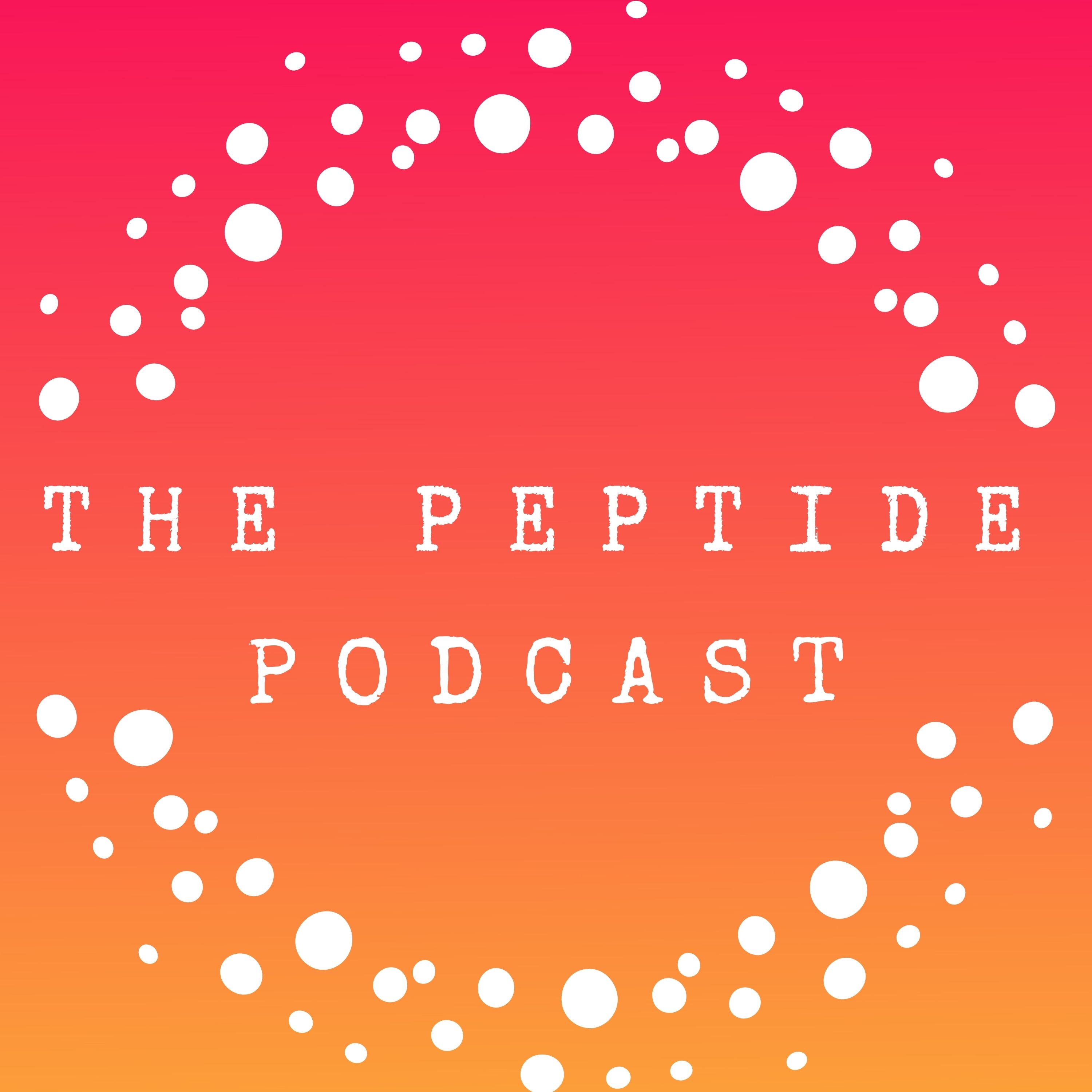Podcast Episode Details
Back to Podcast Episodes
Peptides for Perimenopause and Menopause Wellness
Season 1 Episode 154
Today we’re talking about something every woman deserves straight talk about—perimenopause and menopause and the many changes that happen as estrogen and progesterone begin to decline.
If you want to support what we do, head over to our Partners Page. You'll find some amazing brands we trust—and by checking them out, you're helping us keep the podcast going.
Now, most of us have heard about hot flashes, but very few people explain what’s actually happening inside our bodies, why it’s happening, and what we can do to feel better. And yes, that includes some really interesting therapies like peptides.
What is happening?
Let’s start with the transition itself. Perimenopause is that phase leading up to menopause, which is officially defined as twelve months without a menstrual cycle. It usually starts in your 40s, though some women notice changes earlier. The reason it can feel like a rollercoaster is all about hormones.
Estrogen is our multitasker—keeping our bones strong, our skin glowing, our brains sharp, and even helping with vaginal lubrication. When estrogen dips, it’s not surprising that hot flashes, vaginal dryness, and mood swings start showing up.
Progesterone, on the other hand, is what I like to call our “chill hormone.” It helps us sleep and keeps our cycles balanced. When progesterone drops, insomnia, irritability, and mood swings can sneak in.
And let’s not forget testosterone, which fuels energy, muscle, and libido. As testosterone slowly declines, it’s no wonder sex drive can take a hit. When these three hormones are fluctuating or dropping during perimenopause, it can touch nearly every part of the body, making this phase feel intense and, at times, overwhelming.
Brain fog
Then there’s brain fog. You know, that feeling when you walk into a room and can’t remember why you’re there. Estrogen actually plays a big role in keeping our brain sharp by influencing neurotransmitters like acetylcholine, which manage memory and focus. When estrogen levels fall, those neurotransmitters aren’t as efficient, and poor sleep from night sweats can make brain fog even thicker.
What helps? Regular exercise, consistent sleep, omega-3s, and even brain-training games can make a difference. And peptides can play a role here too.
Nootropic peptides like Selank and Semax support neurotransmitter balance, helping with focus, memory, and mental clarity, while also helping the brain manage stress and fatigue.
Weight gain
Let’s talk about one of the biggest frustrations women bring up during perimenopause and menopause—weight gain. You may notice that even if you’re eating the same and moving your body the way you always have, the scale starts creeping up. This isn’t your imagination. As estrogen levels drop, metabolism slows down, muscle mass tends to decrease, and fat starts redistributing—especially around the belly. On top of that, poor sleep, more stress, and shifting insulin sensitivity can all make it harder to keep weight steady.
The good news is there are ways to manage this. Resistance or strength training helps preserve and even rebuild muscle, which keeps your metabolism active. Prioritizing protein with every meal can support that muscle, too. Managing stress through mindfulness, yoga, or simpl
Published on 2 weeks, 3 days ago